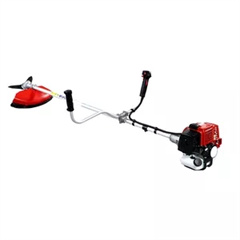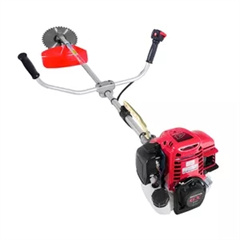Eco-friendly gardening with shovels involves using sustainable practices that minimize harm to the environment while working with your garden soil. Here are some tips for eco-friendly gardening with shovels:
- Soil Preparation:
- Avoid over-tilling or disturbing the soil excessively. Use the shovel to gently loosen the soil, promoting better drainage and root penetration.
- Composting:
- Use your shovel to turn compost into the soil. This enriches the soil with nutrients and helps retain moisture, reducing the need for chemical fertilizers.
- Mulching:
- After planting, use your shovel to apply a layer of organic mulch. This helps retain moisture, suppress weeds, and improve soil health.
- Water Conservation:
- Dig small basins around plants using your shovel to capture and direct water towards the roots. This reduces water runoff and wastage.
- Plant Selection:
- Choose native or adapted plants that thrive in your climate and soil type. They require less water and maintenance.
- Rainwater Harvesting:
- Your shovel can be used to create simple rain gardens or channels to direct rainwater towards plants, reducing the need for additional irrigation.
- No-Dig Gardening:
- Embrace no-dig or low-dig gardening methods. Instead of turning the soil, layer organic materials on top, which encourages natural soil processes and reduces disturbance.
- Crop Rotation:
- Rotate crops each season to prevent soil depletion and reduce the risk of pests and diseases.
- Natural Pest Control:
- Use your shovel to create habitat features like small piles of stones or logs, which can attract beneficial insects that control pests.
- Avoid Chemicals:
- Refrain from using synthetic pesticides and herbicides that can harm beneficial insects, soil organisms, and the environment. Instead, use natural alternatives.
- Wildlife Consideration:
- While digging, be mindful of any existing wildlife habitats, such as burrows or nesting areas. Avoid disturbing them.
- Tool Maintenance:
- Keep your shovel in good condition to ensure efficient and clean work. Regularly clean and sharpen the blade to reduce the effort needed.
- Local and Reclaimed Materials:
- Opt for locally sourced or reclaimed materials when constructing garden structures, such as compost bins or raised beds using your shovel.
- Energy Efficiency:
- Use manual tools like shovels instead of powered machinery, reducing your carbon footprint.
- Education and Sharing:
- Share your eco-friendly gardening knowledge with others to promote sustainable practices and create a positive impact on your community.
Remember, the key to eco-friendly gardening is to work in harmony with nature, minimizing disruption while nurturing your garden’s health and productivity.
































